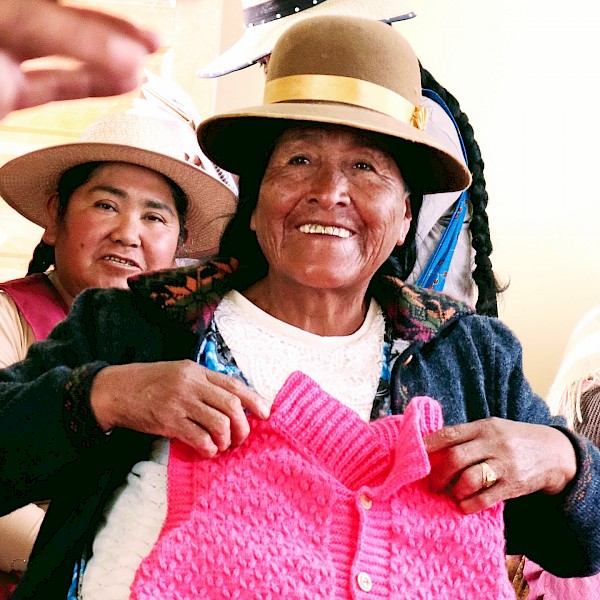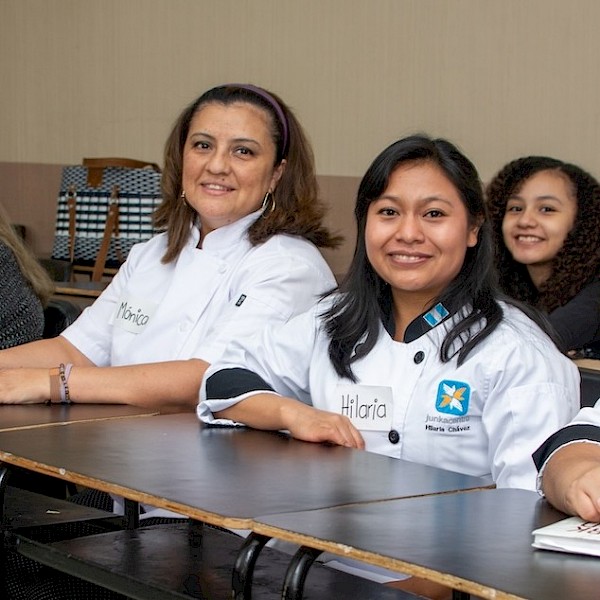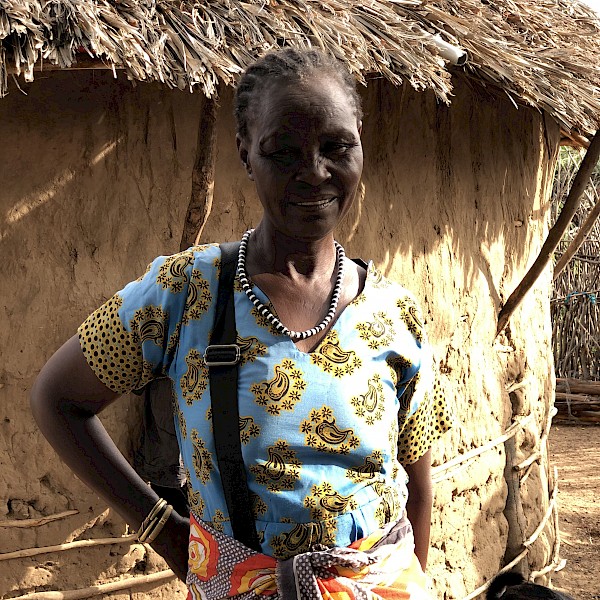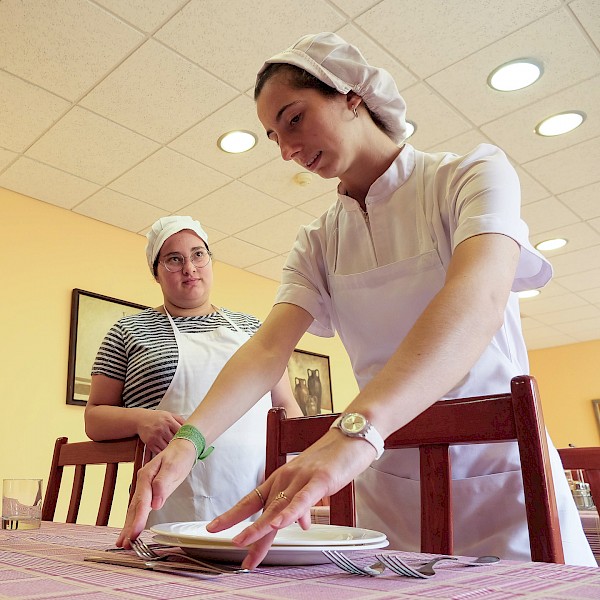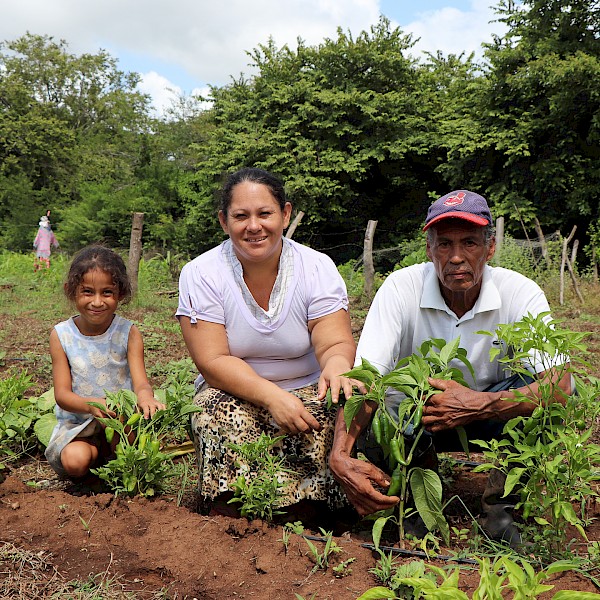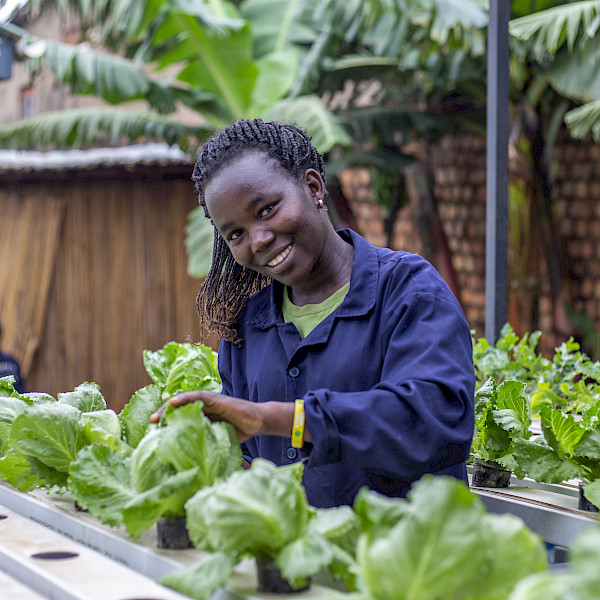Kenya
Implementation of a community canteen for children and families of Saint Augustine School affected by COVID and locust infestation, Lodwar-Kenya.

Duration
2020 – 2021

Budget
55 000 €

Beneficiaries
Children
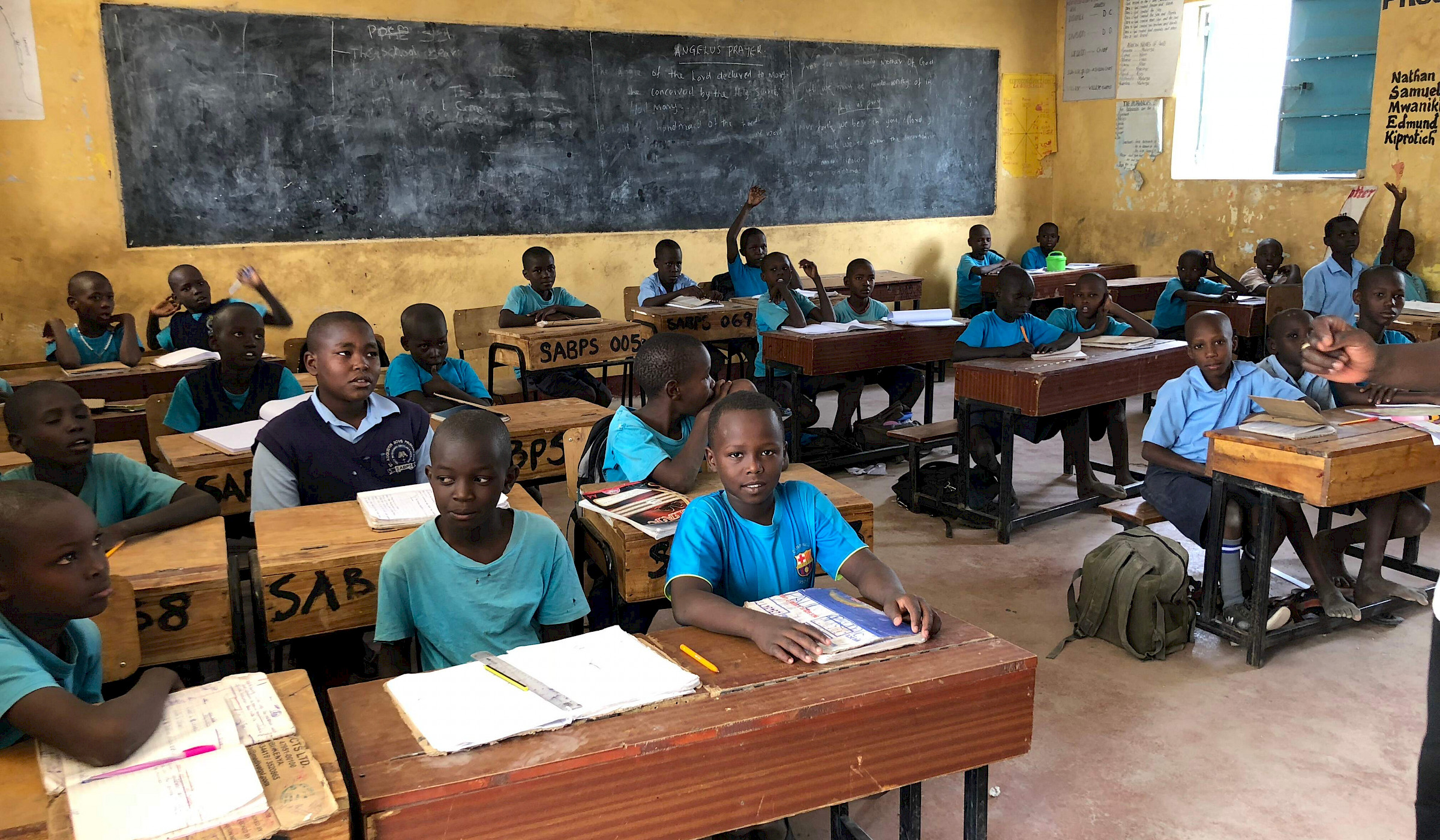


Canteen Construction
In Lodwar, a village in the province of Turkana, the Inter-Cultur project aimed to reduce nutritional vulnerability among children, expectant mothers, and families in the community served by Saint Augustine Primary School. In poor rural villages, children are particularly vulnerable, with many families living below the poverty line on less than $1.5 a day. As a result, malnutrition and undernutrition among students and families have been reported to be on the rise.
As a result, various stakeholders have joined forces to promote school food security programs for children, their families, and other community members. People who are acutely or chronically malnourished have weaker immune systems and therefore fewer means to prevent the spread of the virus. To address this problem, Inter-Cultur, together with the Spanish Fundación del Valle, built a canteen for children at Saint Augustine Primary School. The canteen was also equipped with equipment for better nutrition. In addition, as part of the project, a series of lectures on hygiene and health were organized to facilitate the spread of disease in village communities.
Key Achievements and Outcomes:
- Constructed a new canteen with furniture so that the students can eat in hygienic condition.
- Provided lectures on better hygiene for the kids and their families.
Photo gallery
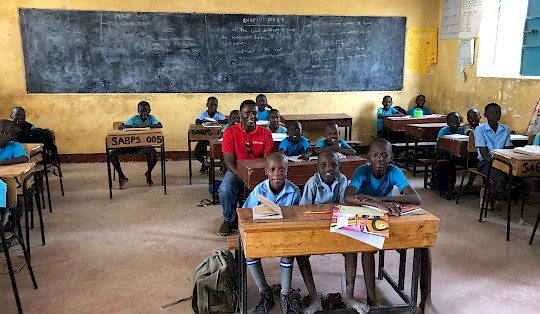
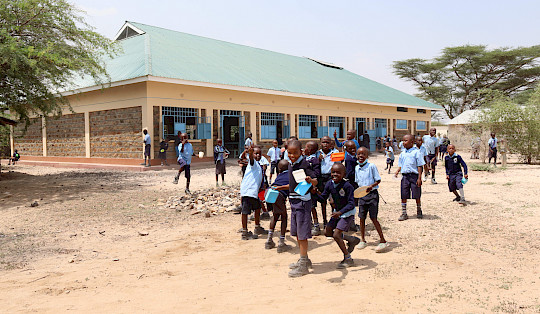
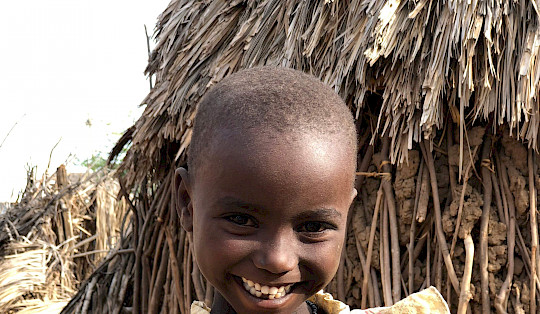
Countries
Bolivia
Home to the Andes mountains, Bolivia faces challenges such as poverty and environmental concerns, particularly among its indigenous populations. Our partnership with AYNI focuses on vocational training, literacy, and sustainable agriculture, aiming to empower marginalized communities and women.
Guatemala
In Guatemala, a country known for its rich indigenous heritage, we address the needs of women in disadvantaged situations through Fundación Junkabal. Our initiatives in vocational training and micro-entrepreneurship are designed to uplift women and advocate for human rights.
Kenya
Kenya's diverse landscape is the backdrop for our efforts to tackle poverty and unemployment in the country. Examples of our work include offering vocational education in Nairobi's slums through SET and Eastlands College of Technology, and improving the agricultural activities of rural women in Turkana County, both aiming to improve life quality and employment prospects with an integral formation model.
Lebanon
Lebanon, with its millennia-old heritage, navigates through profound economic crises and a significant refugee presence. In response, our partnership with PRODES and IMS is dedicated to empowering women through vocational training in hospitality, tourism, and gastronomy, equipping young women from rural areas for better prospects.
Nicaragua
Nicaragua, with its dramatic volcanic landscape, faces social unrest and economic difficulties. Our work with ANDECU supports women by investing in vocational training centers and micro-business resources, empowering them to improve their income levels and overcome challenges in their families and communities.
Uganda
Uganda, known for its diverse landscapes and rich cultural heritage, faces socio-economic disparities and gender inequality impacting vocational education access. Partnering with COWA, we provide women and youth with vocational training and technological empowerment to boost employment opportunities and economic independence, promoting gender equality and sustainable development.
